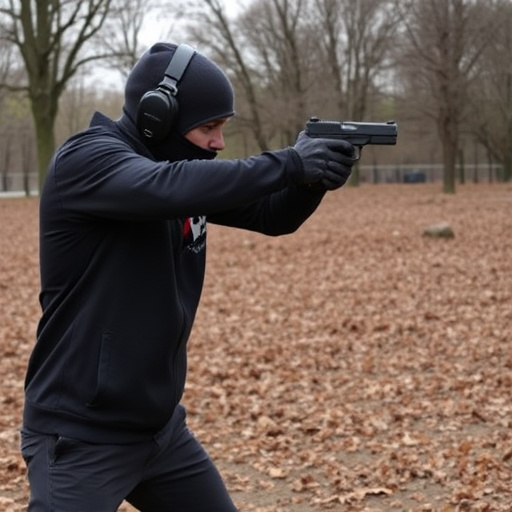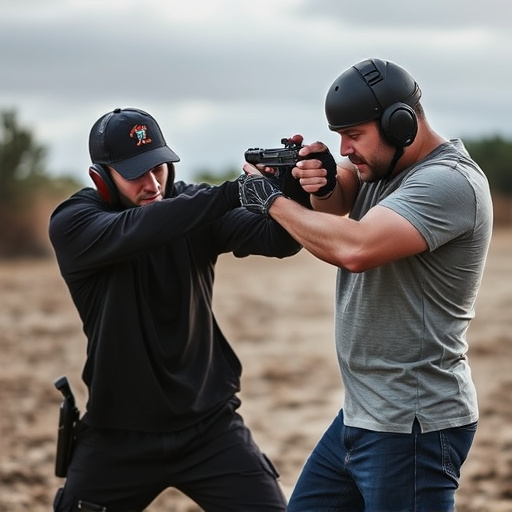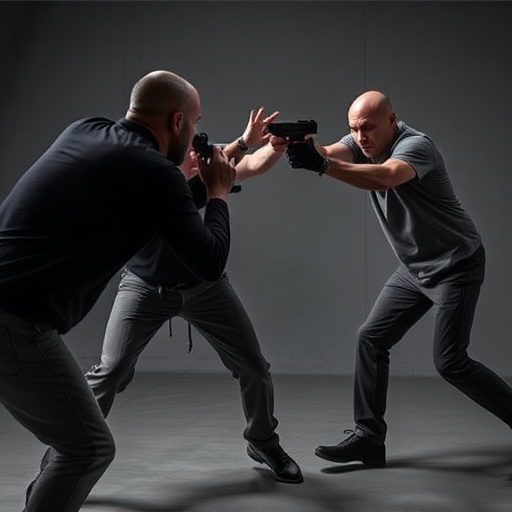Non-lethal self-defense stun weapons, like tasers, provide civilians with an alternative to firearms for close-range protection. These devices temporarily incapacitate targets through electrical current without causing permanent harm. US state laws vary significantly in their regulation, dictating who can possess and carry them, and under what circumstances. Understanding these laws, along with a weapon's design, voltage output, and training requirements, is crucial for responsible ownership and use of non-lethal self-defense stun weapons.
“In an era where personal safety is a paramount concern, civilian access to non-lethal self-defense tools like stun weapons has gained significant traction. This article delves into the legal landscape surrounding one such device: the taser. We explore state laws governing civilian taser ownership, shedding light on the requirements and regulations that vary across different jurisdictions. Understanding these rules is essential for those seeking to protect themselves and their loved ones using non-lethal self-defense stun weapons.”
Understanding Non-Lethal Self-Defense Stun Weapons

Non-lethal self-defense stun weapons, also known as electroshock guns or tasers, have gained popularity among civilians seeking effective personal protection. These devices use electrical current to disrupt muscle control, temporarily incapacitating a target without causing permanent harm. They are designed as an alternative to traditional firearms for individuals who want to protect themselves against physical threats.
Understanding the functionality and limitations of these tools is crucial. Stun weapons deliver a powerful electric shock through probes connected to the device, targeting nerve endings in the body. While they can be effective at close range, their impact is generally limited to temporary paralysis, making them less lethal than firearms. However, variations in design, voltage output, and training requirements exist among different models, influencing their effectiveness and legal status under state laws governing civilian ownership of non-lethal self-defense weapons.
State Laws Governing Civilian Taser Ownership

In the United States, the ownership and usage of non-lethal self-defense stun weapons, such as Tasers, are primarily governed by state laws. Each state has its own set of regulations dictating who can possess and carry these devices, as well as under what circumstances. The legal framework surrounding civilian Taser ownership varies widely across states, with some allowing open carry while others restrict it to licensed individuals or require permits.
Many states have recognized the value of non-lethal self-defense tools for personal safety and have implemented laws that enable responsible citizens to protect themselves. Some states, like Texas, permit the open carry of Tasers without a license, while other states, such as California, require individuals to obtain a permit or be engaged in a specific profession (e.g., law enforcement) to legally possess and carry a stun weapon. It’s crucial for civilians considering Taser ownership to familiarize themselves with their state’s specific laws to ensure compliance and responsible use.
In conclusion, understanding the legal framework surrounding civilian taser ownership is crucial for those interested in acquiring non-lethal self-defense stun weapons. While these devices offer a powerful means of personal protection, state laws vary widely regarding their possession. As we’ve explored, each state has its own requirements and regulations, emphasizing the need for thorough research before making a purchase. By staying informed about these civilian taser ownership requirements, individuals can ensure they comply with local laws and exercise their right to defend themselves effectively.
